Thursday, March 2, 2023
Ukraine has ordered the mandatory evacuation of vulnerable residents from the frontline city of Kupiansk and adjacent northeastern territories as fears mount Russia will retake the key city and rail hub.
In September, Russian troops retreated from key cities in the northeastern Kharkiv region, including Kupiansk.
Kupiansk is near the frontline in eastern Ukraine and locals fear it could be taken over again.
“Mandatory evacuation of families with children and residents with limited mobility began in Kupiansk community,” the Kharkiv regional military administration said on its website.
“The decision was made… taking into account the unstable security situation due to constant shelling of the territory of the community by Russian troops,” it added.
Kharkiv region governor Oleg Synegubov said Thursday Russia “shelled” several settlements in the region with artillery, multiple rocket launchers and mortars, including the city of Kupiansk.
Following are the latest updates:
1905 GMT — Biden to host EU chief von der Leyen on March 10
US President Joe Biden will host European Commission chief Ursula von der Leyen for talks in Washington on March 10, the White House announced on Thursday.
The two leaders will talk about their “strong cooperation” in supporting Ukraine in its fight against the Russian military operation, the climate crisis, as well as challenges posed by China, the White House said in a statement.
1710 GMT — Ukraine denies Russia’s claims of cross-border sabotage raid
Russian officials have accused Ukrainian saboteurs of crossing into western Russia and attacking local villages, an accusation that Ukraine denied, warning that Moscow could use the claims to justify stepping up its own assaults in the ongoing war.
The exact circumstances of the incident reported in the Bryansk region were unclear, including what the strategic purpose of such an attack might be.
If confirmed, it would be another indication following drone attacks earlier this week that Kiev could be stepping up pressure against Moscow by exposing Russian defensive weaknesses, embarrassing the Kremlin and sowing unease among Russian civilians.
Russian President Vladimir Putin blamed Ukrainian “terrorists” for an incursion, claiming that they deliberately targeted civilians, including children.
1704 GMT — US, Russia hold highest-level talks since Ukraine war
US Secretary of State Antony Blinken and Russian Foreign Minister Sergey Lavrov talked briefly in the highest-level in-person talks between the two countries since Russia’s attack on Ukraine. But there was no indication of any movement toward easing the intense tensions between their two nations.
The short encounter came as relations between Washington and Moscow plummeted over Russia’s attack on Ukraine and tensions have soared amid a myriad of disagreements.
US officials said Blinken and Lavrov chatted for roughly 10 minutes on the sidelines of the G-20 conference of foreign ministers in New Delhi.
1535 GMT — Ukraine urges EU to prepare more Russia sanctions as soon as possible
Kiev urged the European Union to begin work “as soon as possible” on an 11th package of sanctions against Russia over its attack on Ukraine.
Foreign ministry spokesperson Oleh Nikolenko said Kiev was grateful for the measures implemented by Brussels so far, but that the 10th package adopted last month stopped short of punishing Russia’s nuclear and IT sectors.
“The reality is that Russia still has access to huge financial and technological resources,” he said in a statement, estimating their worth at hundreds of millions of dollars.
1436 GMT — EU to speed up deliveries of howitzer shells for Ukraine
European Union officials and countries from the 27-nation bloc are discussing plans to dedicate an extra billion euros as well as setting up a joint procurement scheme to speed up the delivery of howitzer artillery rounds that Ukraine says are crucial to countering Russian forces.
According to an EU official with direct knowledge of the project who briefed reporters on Thursday, the priority now is to guarantee the swift delivery to Ukrainian armed forces of 155mm artillery rounds.
The official was not authorized to speak publicly because the plan is still being finalised.
The EU has been helping Ukraine through its European Peace Facility — a fund being used to reimburse member countries that provide weapons, ammunition and military support to Ukraine.
1407 GMT — Moldovan parliament condemns Russian military operation in Ukraine
Moldova’s parliament adopted a declaration condemning the Russian military operation in Ukraine which has contributed to a rise in tensions between Moscow and Chisinau.
A narrow majority of 55 lawmakers in the 101-seat assembly voted for the declaration, which stated that Moscow’s invasion began with the seizure of the Crimea peninsula in February 2014 and demanded the withdrawal of all Russian troops from Ukraine.
The declaration said Russia was waging an illegal, unprovoked and unfounded military aggression in Ukraine that violated the principles of international law, and echoed calls by Kiev for an international tribunal to prosecute war crimes.
Tensions between Russia and Moldova, which borders Ukraine and Moldova, have grown sharply since the war began.
0905 GMT — Blinken at G20 demands Russia extend Ukraine grain deal
US Secretary of State Antony Blinken has demanded at a Group of 20 meeting attended by Russia that Moscow renew a Türkiye-brokered deal to allow exports of Ukrainian grain.
“Russia has deliberately and systematically slowed its pace of inspections, creating a backlog of ships that could be delivering food to the world today,” Blinken told foreign ministers from the club of major economies meeting in New Delhi.
“It is imperative the G20 speak up on behalf of extending and expanding the grain initiative to strengthen food security for the most vulnerable,” Blinken said, according to his prepared remarks.
The Black Sea Grain Initiative was brokered by Türkiye with the UN last July and has helped reduce spiralling food prices that contributed to hunger in the developing world. The deal is set to expire this month
The deal was renewed in November but UN humanitarian chief Martin Griffiths has warned of difficulties in securing another extension before it expires on March 18.
0836 GMT — Torture chambers in Ukraine ‘financed by Russian state’: investigators
A network of at least 20 torture chambers in the southern Ukrainian region of Kherson was “planned and directly financed by the Russian State,” war crimes investigators have said, citing new evidence.
The Mobile Justice Team, funded by Britain, the EU and the United States, has been working with Ukrainian war crimes prosecutors across Ukraine and in Kherson since the city was reclaimed from Russian forces in November after more than eight months of occupation.
No comment was immediately available from the Kremlin in response to a Reuters request.
Reuters reported on the scale of torture chambers in Kherson in January, when Ukrainian authorities said around 200 people had allegedly been tortured at 10 locations. Survivors told Reuters about being tortured, including electric shocks and suffocation techniques.
At the time, the Kremlin and Russia’s defence ministry did not respond to Reuters’ questions, including about alleged torture and unlawful detentions. Moscow, which has said it is conducting a “special military operation” in Ukraine, has denied committing war crimes or targeting civilians.
0816 GMT — Deadly missile attack on Ukraine’s Zaporizhzhia
At least three people have been killed and six injured in a missile attack in Ukraine’s southeastern Zaporizhzhia region.
A rocket fired by the Russian military hit a five-storey building, the Ukrainian National Police said in a statement.
“Residents… who were sleeping peacefully at that time were buried under the rubble. So far, three dead bodies have been found and six wounded have been hospitalised,” read the statement.
More than 10 apartments from the second to the fifth floor were destroyed, while nearby houses were damaged by the blast and debris, it added.
Police and Ukrainian intelligence officers are carrying out inspections to “document the consequences of the occupiers’ war crime… and collect material evidence of Russian military aggression,” the statement further said.
0433 GMT — Ukraine conflict dominates G20 meeting in India
Indian Prime Minister Narendra Modi has called for the G20 to bridge differences over Ukraine, telling the opening of a meeting in New Delhi that global governance has “failed”.
“We are meeting at a time of deep global divisions… We all have our positions and our perspectives on how these tensions (can) be resolved. However, as the leading economies of the world, we also have a responsibility for those who are not in this room,” Modi said.
India’s longstanding security ties with Russia have put the host of Thursday’s meeting in an awkward diplomatic position after refusing to condemn the offensive over the past year.
But EU foreign policy chief Josep Borrell said he was confident India would use the meeting to “make Russia understand that this war has to finish”.
0209 GMT — UN monitors fail to take up duties at Ukraine nuclear plant: Russia
Russia has accused the International Atomic Energy Agency (IAEA) of disrupting the latest rotation of staff at the Russian-occupied Zaporizhzhia nuclear power station, Europe’s largest with six reactors.
The facility was occupied by Russian troops in the early days of the conflict and remains near the front line, with each side accusing the other of shelling it and risking a nuclear accident.
“It is true that the rotation of specialists which is planned for once a month, has been excessively delayed,” Mikhail Ulyanov, Russia’s representative to the IAEA in Vienna, told Russia’s TASS news agency.
“It was supposed to occur on February 7, but hasn’t yet happened, through no fault of our own. We expect the changeover of experts to take place very soon, in the next few days,” he said.
IAEA monitors have been posted at the station since last September. Other IAEA teams have since been put in place in Ukraine’s three other nuclear plants. IAEA Director General Rafael Grossi said on Monday he hoped the changeover would take place this week, the agency said in a statement.
0152 GMT — Moscow mulls possible use of nuclear arms to fend off US attack: RIA
A Russian defence ministry journal says Moscow is developing a new type of military strategy using nuclear weapons to protect against possible US aggression, RIA news agency reported.
The article is the latest in a series of remarks by Russian politicians and commentators after the conflict in Ukraine started on February 24 last year, suggesting Moscow would, if necessary, be prepared to deploy its vast nuclear arsenal.
RIA said the article, published in the Voennaya Mysl (Military Thought) magazine, concluded Washington was worried it might be losing dominance over the world and had therefore “apparently” prepared plans to strike Russia to neutralise it.
In response, Russian specialists were “actively developing a promising form of the strategic use of the Russian armed forces – an operation of strategic deterrence forces”, RIA said.
This, it continued, “presupposes the use of modern strategic offensive and defensive, nuclear and non-nuclear weapons, taking into account the latest military technologies”.
2300 — Ukraine clings to Bakhmut but time may be running out
Ukrainian forces have hung onto their positions in the ruined eastern city of Bakhmut under constant attack from Russian troops amid signs time might be running out.
Ukraine says Bakhmut has limited strategic value but has nevertheless put up fierce resistance. Not everyone in Ukraine is convinced that defending Bakhmut can go on indefinitely.
“I would not go as far as to say the situation is critical, but it is threatening,” Ukrainian member of parliament Serhiy Rakhmanin said on Ukrainian NV radio.
“From my standpoint, it is not logical to defend Bakhmut at any cost,” Rakhmanin said.
“But for the moment, Bakhmut will be defended with several aims — firstly, to inflict as many Russian losses as possible and make Russia use its ammunition and resources.”
No lines of defence should be allowed to collapse, Rakhmanin said, and “there are two ways to approach this — an organised retreat or simple flight. And we cannot allow flight to take place under any circumstances.”
2139 GMT — Russia accuses West of sabotaging potential peace deal with Ukraine
Russian Deputy Foreign Minister Mikhail Galuzin has said there are no signs of Ukraine’s readiness to launch peace talks, with Kiev instead issuing “bellicose ultimatums.”
In an interview with the Russian news portal lenta.ru, Galuzin recalled that Russia and Ukraine held several rounds of talks last year and agreed on a draft of a peace agreement last March in Türkiye’s Istanbul.
According to him, there were some 17 versions of the draft, the last of which was sent to Ukraine on April 15 and remains unanswered.
“Apparently, Washington and London, seeing the prospect of Russia and Ukraine reaching mutually acceptable agreements, forbade ‘Ukraine’s President] Volodymyr Zelenskyy from continuing negotiations. Later, on September 30, he issued a decree on the ‘impossibility’ of negotiations with the president of Russia [Vladimir Putin],” he noted.
Galuzin said the US and its NATO allies oppose peace because they have invested too much money in Ukraine, which is for them “a tool” for weakening and isolating Russia, breaking the security architecture and preserving their hegemony.
2100 GMT — Ukraine survived ‘a very difficult’ winter: Zelenskyy
Ukrainian President Volodymyr Zelenskyy has praised his country for surviving a “very difficult” winter marked by systematic Russian strikes on energy facilities, which plunged millions into darkness and cold.
“We have overcome this winter. It was a very difficult period, and every Ukrainian experienced this difficulty, but we were still able to provide Ukraine with power and heat,” Zelenskyy said in his daily address, adding that “there is still a threat to the energy system.”
For our live updates from Wednesday (March 1), click here.

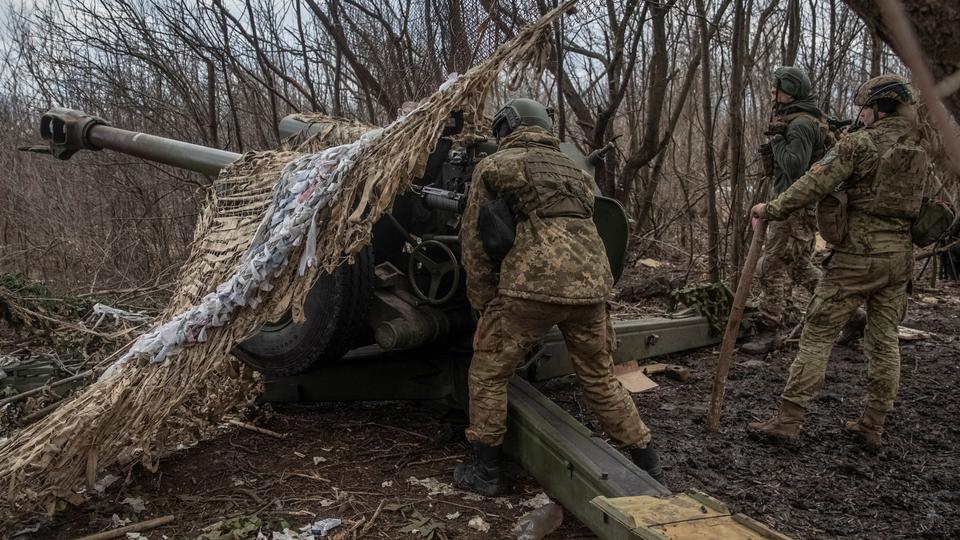
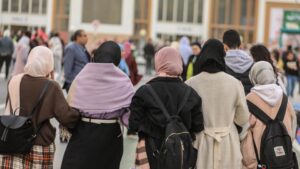
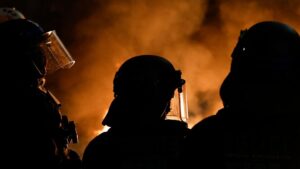
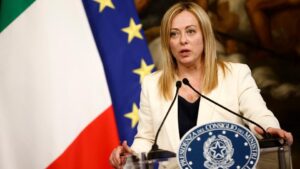

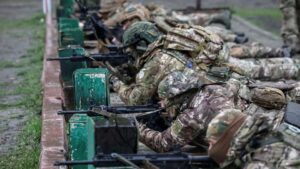


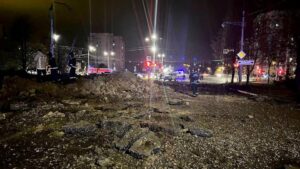
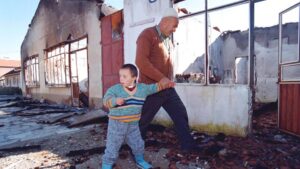

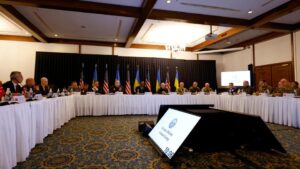

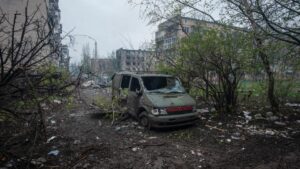
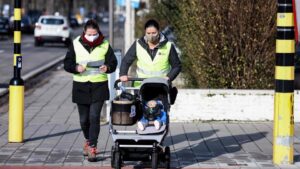
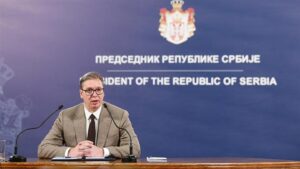

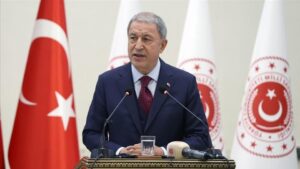
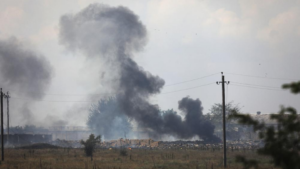
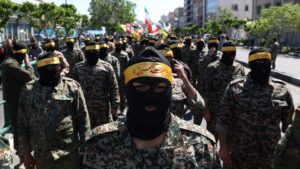

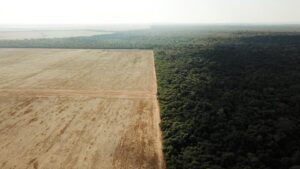
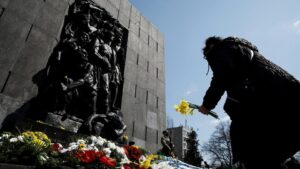
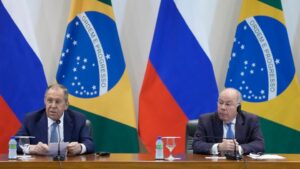

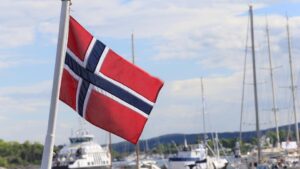
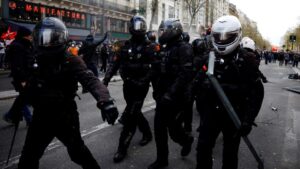
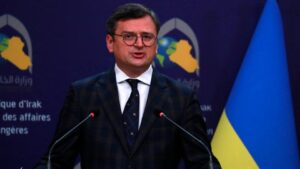
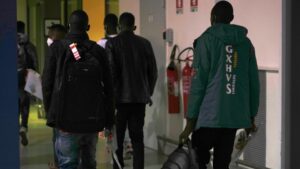
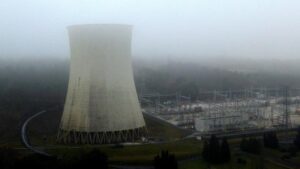
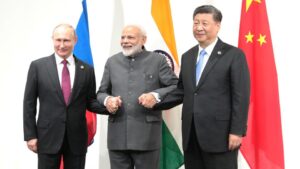
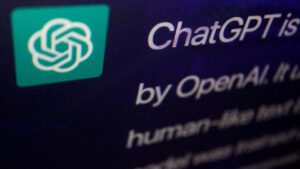
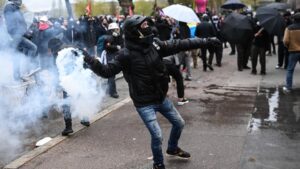
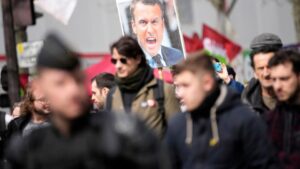
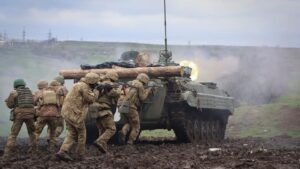

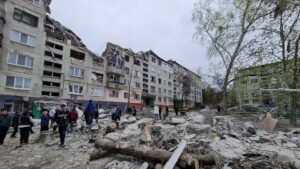
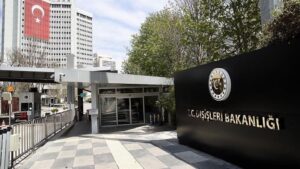



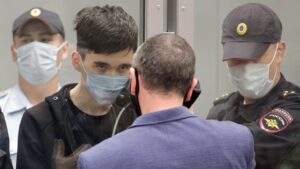
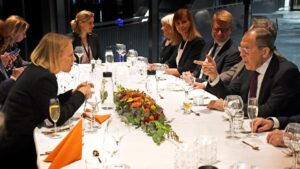
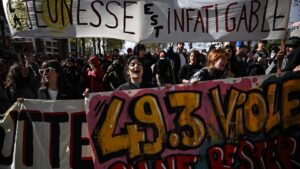
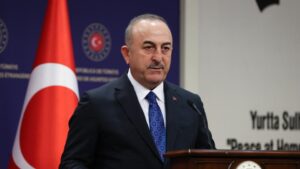
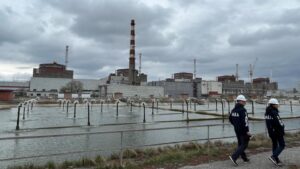
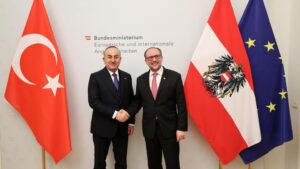
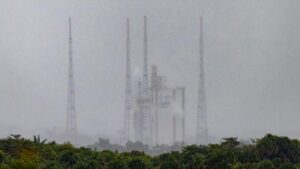
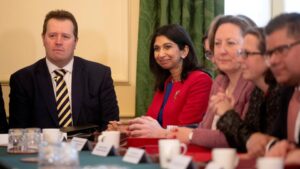
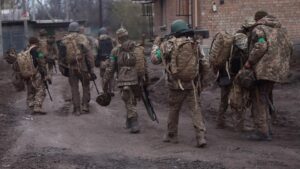
Be First to Comment